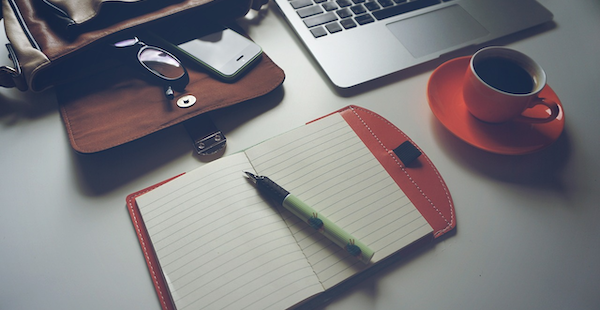
Studying as a Monotask
Previously I’ve discussed the idea of ‘monotasking’ – actions that demand complete focus. I dealt with the problem of phones, the great enemy of monotasking. And I explored some strategies for the monotask of ‘worship.’ Today I continue by exploring the second of four core monotasks.
Studying – like worship – is a monotask that encompasses a number of different activities. It can include reading, researching, writing, composing, or any other form of endeavor that requires significant mental energy to either create or learn information.
It’s important to recognize that not all studying needs to be a monotask. It’s okay to study with friends, being distracted from time to time. Reading isn’t an activity that always requires your full focus. But there are times when intellectual activity of this sort does require monotasking. When you have a significant amount of information that you need to learn for a test, or you are working on a deeply important project that requires deep-level creativity, it’s important to treat the activity as a monotask. With that said, here are a few ideas for how to treat studying as a monotask.
Prepare for your study session. Identify what needs to be taken care of in advance, so that your time of study is most productive. Are you tired? Take a nap or get a cup of coffee. Do you feel disorganized? Clean your study environment. Do you have a lot of thoughts on your mind? Jot them down, or journal for five minutes. Whatever you need to do, take a few minutes to prepare yourself in advance.
Start with stretches or exercises. Taking 2-5 minutes to begin your study session with pushups, planks, or stretches is beneficial. It’s a chance for your body to stretch prior to starting an intense period of focus. I find that it helps to clear my mind and increases my alertness.
Break time into segments. Don’t assume that you can maintain the same level of uninterrupted focus over an extended period of time. Rather, determine how much time you have to study, then schedule breaks. Generally, a 4-5 hour block of time (a full morning or afternoon) can yield immense productivity if it is devoted to a single task. I recommend one hour of study followed by a 15-minute break. (I’ve found this 60/15 ratio to be more refreshing and beneficial than a 50/10 ratio). Be sure to use that break to get up, stretch, do a quick household chore, or do anything else that gives your brain a mental break.
Schedule each segment. Let’s assume that you want to study for five hours (an entire afternoon), and you follow the one-hour block/15-minute break method. This gives you four solid hours for study. To maximize efficiency, have a plan for each block of time. Perhaps the first hour is dedicated to reading the chapter in the textbook. Second hour is for researching for the paper. Third hour is creating an outline and rough draft. Fourth hour is for completing the paper. By giving yourself a discrete goal for each segment of the study session, you can maximize productivity. Plus, this makes you less likely to fall for distractions.
Capture and contain distractions. As soon as you begin to focus on the task at hand, your brain will find distractions. These thoughts and ideas may even be beneficial or important, and you will feel the urge to act on them immediately. Maybe you forgot to pay a bill, or you suddenly are curious and want to research a topic. Rather than giving in to that urge (and failing to monotask), have a system to record these distractions for later. Jot it down on a notepad, or come up with some other method. Then, when it’s time for a 10 or 15 minute break, take care of anything truly important. Save the other tasks for later.
Remember limitations. It’s important to remember that intensive brain-work (like studying) is not something you can do constantly. Studies indicate that productivity rapidly declines after 50 hours of work in a week. Personally, I think that the limit for sustained, high-quality studying (as a monotask) is probably even lower, possibly around 4-6 hours per day. Attempting to focus more will likely only burn you out and leave you distraction-prone.
Disconnect as much as possible. Depending on the type of studying that you are doing, you may need access to the internet. But as much as you can, disconnect from technologies that will likely hinder your study. Put your phone on silent mode (or, better, put it in another room). Disconnect your internet. Or, if you need internet, use an app that blocks access to time-wasting websites. If you are around people, put a sign on your door or tell others about your need for focus. (You can always reconnect during your breaks between segments).
In place of comments, I would love to hear from you personally. Please reach out to me via the Contact Page to share your thoughts and perspectives on this post!
Enjoying this content? Subscribe to receive it directly in your email, once a week.





